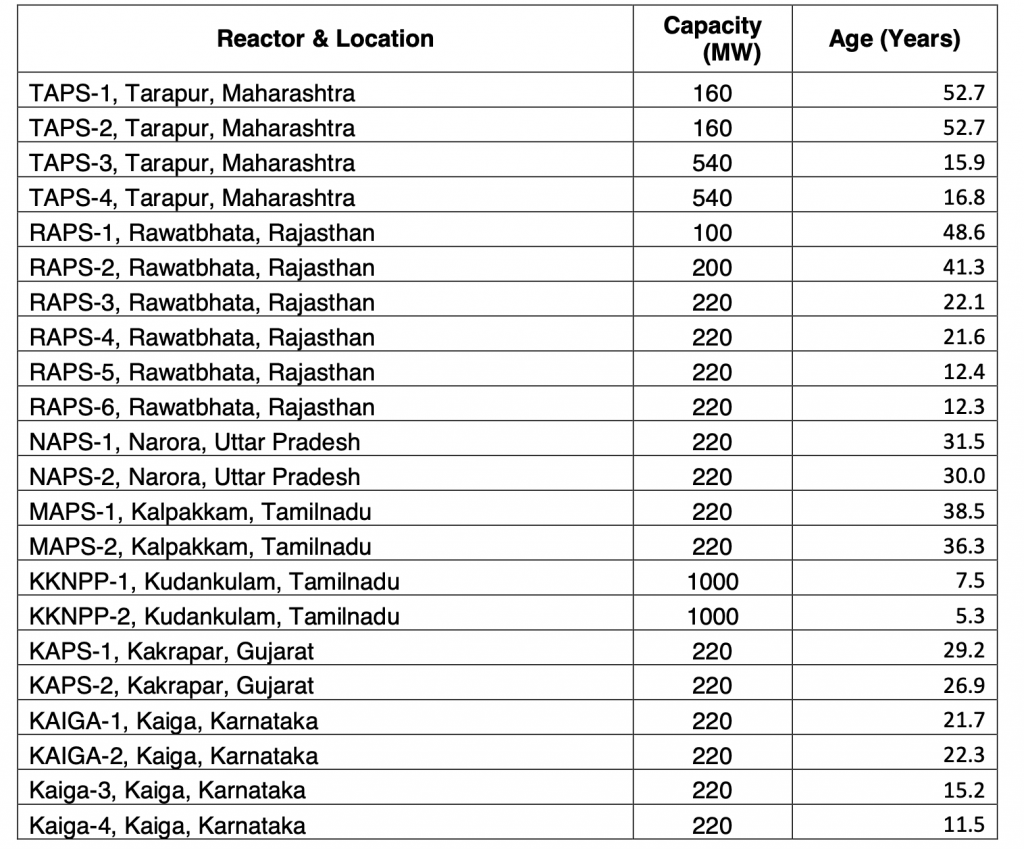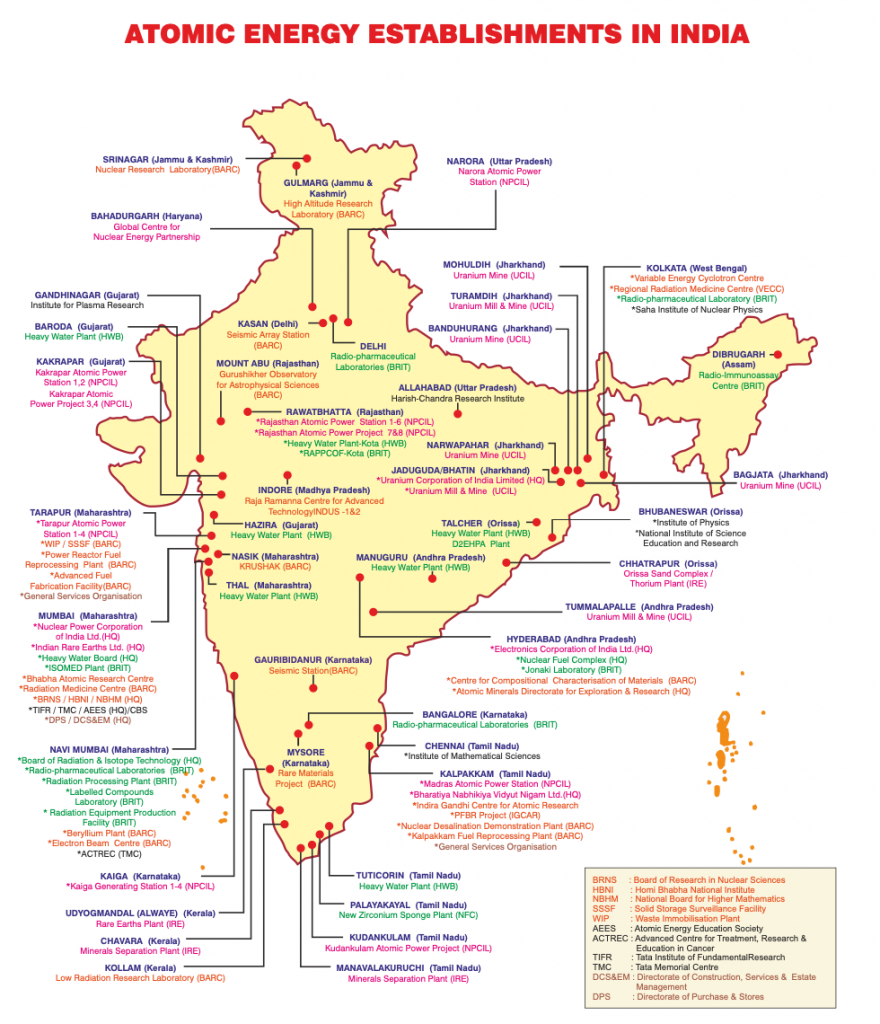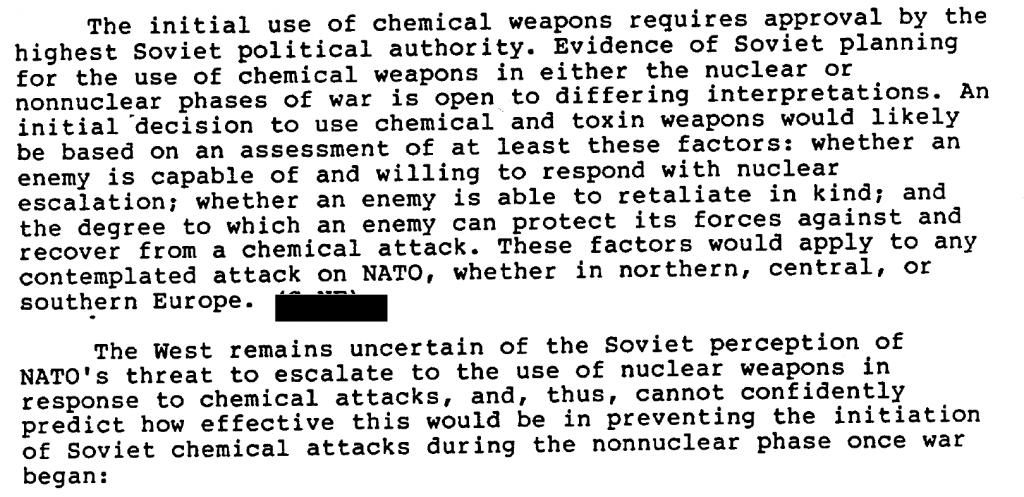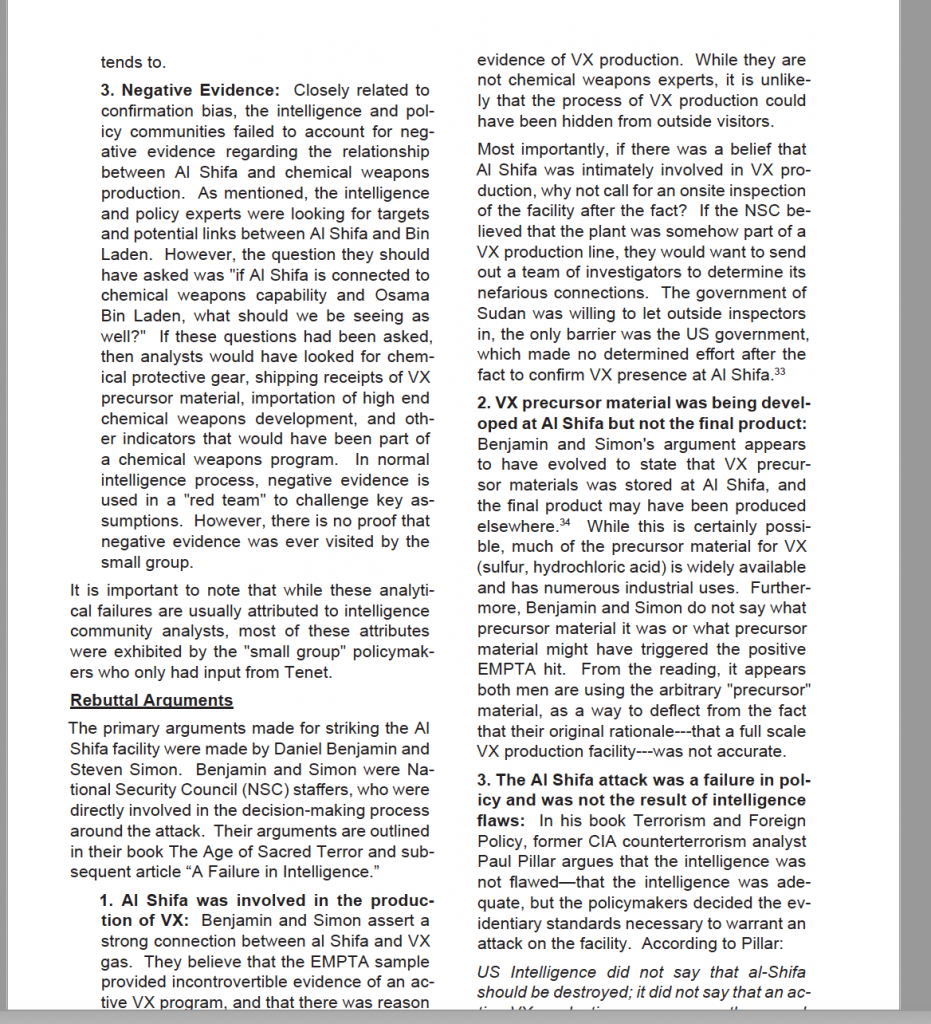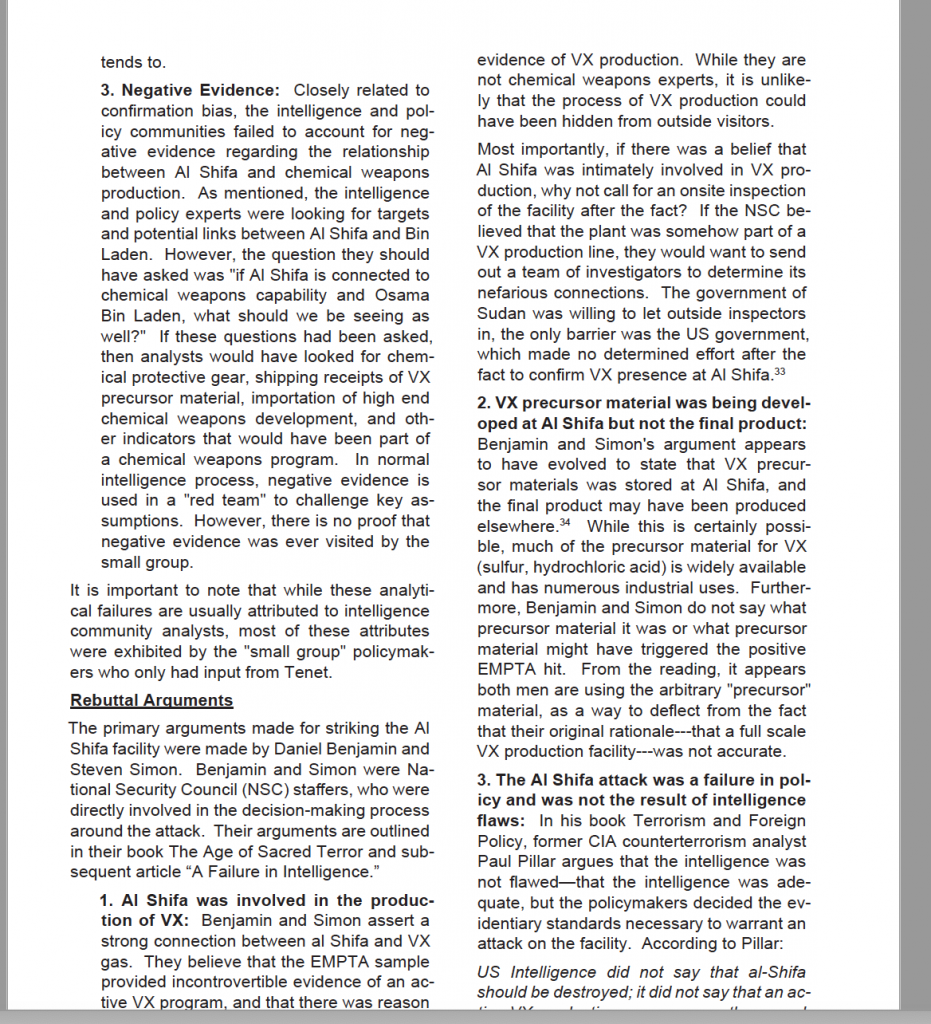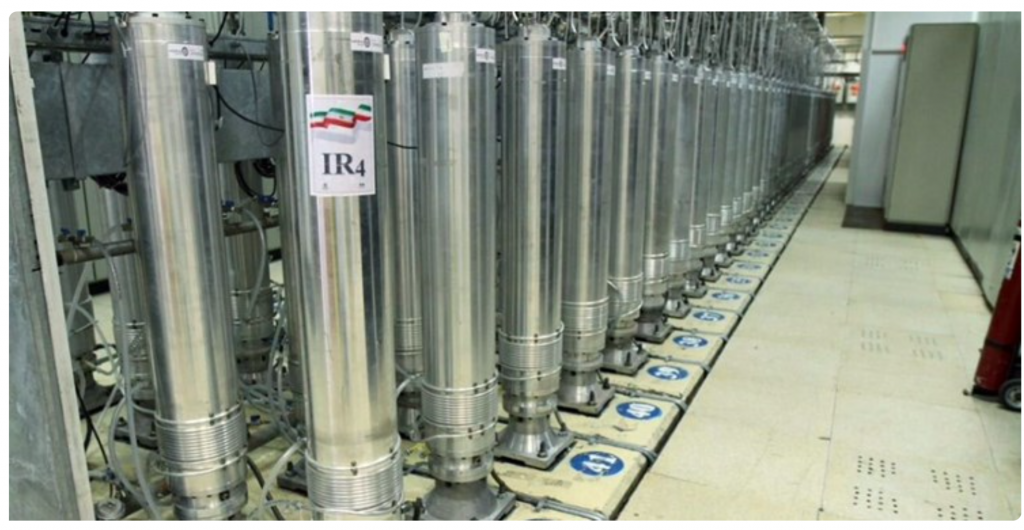China recently issued its Working Paper on the Nuclear Submarine Cooperation under AUKUS which describes the AUKUS submarine project as “nothing but an act of nuclear proliferation.”
A couple of days later, Australia circulated a non-paper titled Update on Cooperation under the AUKUS Partnership which informs us that
No decisions have been taken regarding the structure of our future cooperation under AUKUS, or a suitable verification arrangement for the IAEA to meet its technical objectives regarding Australia’s nuclear-powered submarines. We expect to be able to announce further details following the consultation period, which concludes in March 2023.

